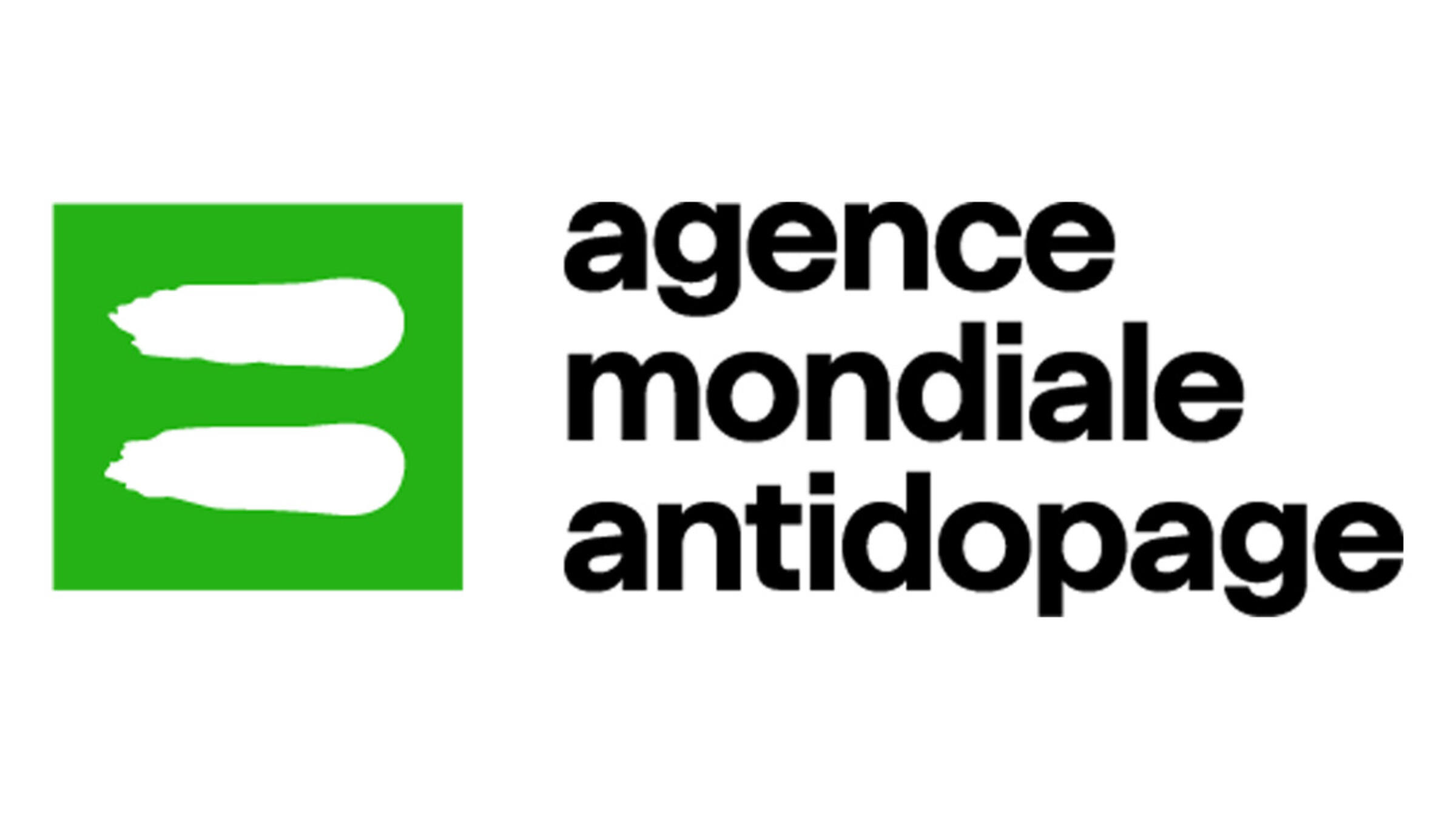Creatine is a natural compound that enhances sporting performance without being considered a doping substance.
Creatine, long the subject of controversy in the sporting world, is now one of the most widely studied and used dietary supplements in top-level sport. TheWorld Anti-Doping Agency does not consider it, and has never considered it, to be a prohibited substance.
Remember: creatine is an ergogenic aid which optimizes the athlete's natural potential, unlike doping substances which push the body beyond its biological limits.
Creatine, already present in our bodies, plays an essential physiological role:
- Involvement in muscle energy metabolism
- Regeneration ofadenosine triphosphate (ATP)
- Improved performance on explosive efforts
Used as a dietary supplement, creatine acts on :
- Building muscle mass
- Increasing maximum strength
- Recovery between bouts of intense exercise
Contents
- What exactly is creatine?
- Why is creatine so often associated with doping?
- What are the real effects on performance?
- How do you distinguish between supplementation and doping?
- Are there any risks associated with creatine?
- Conclusion
- Test yourself!
- What is creatine?
- What is the main dietary source of creatine?
- What effect does creatine have on sports performance?
- Why has creatine long been associated with doping?
- What is creatine's main function in the body?
- What are the risks associated with creatine supplements?
- Further information
- Sources
What exactly is creatine?
Origin and nature
Creatine is a natural substance which our body manufactures and stores mainly in the muscles. Our bodies produce around 1 gram a day, while our diet provides a similar amount, notably through meat and fish.
Our body creates creatine from three amino acids: arginine, glycine and methionine.
The main dietary sources of creatine are animal: beef (4.5g/kg), herring (6.5-10g/kg), pork (5g/kg) and poultry (3.5-4g/kg).

How it works in the body
In the muscles, creatine acts as a rapidly mobilized energy reserve to regenerate ATP, our body's "fuel". In this way, creatine is able to respond to urgent, very intense and brief energy needs, as in bodybuilding or sprinting.
Our natural creatine reserves are depleted in less than 10 seconds during intense effort. Supplementation enables us to optimize these energy reserves to improve performance during explosive efforts. Which begs the question: is creatine a doping substance?
Why is creatine so often associated with doping?
The confusion between creatine and doping is rooted in a series of media and regulatory events that have marked French sport. This confusion persists despite the fact that the legal situation is now clear.
History of controversies
France maintained a singular position by banning the sale of creatine until 2007. This ban, unique in Europe, contributed to the demonization of the molecule. The media amplified this mistrust by reporting on sporting events in which creatine was cited alongside genuine doping substances.
Olympic swimming champion Florent Manaudou has come in for heavy criticism after openly admitting to taking creatine supplements, even though these are perfectly legal. This transparency, which would have been commonplace in other countries, provoked a media outcry in France, demonstrating the gap between the scientific reality of this supplement and its perception by public opinion.

Risks of contamination of food supplements
Many cases of positive doping tests have been attributed to contaminated food supplements. Contamination can occur in two ways:
- Accidental contamination during manufacturing in factories that also produce doping substances
- Intentional addition of banned substances not declared on the label
Creatine e is by no means a steroid, but analyses regularly reveal the presence of prohibited substances in creatine supplements: amphetamine-type stimulants, growth hormones or anabolic steroids.
Athletes are legally responsible for substances found in their urine, even in the event of accidental contamination of their supplement.
Essential precautions: choose brands that communicate and are transparent about their manufacturing methods.
Creatine bearing the Creapure® label and certified anti-doping is a guarantee of top quality.
Creatine monohydrate: not on theWorld Anti-Doping Agency's doping list

Creatine has never been on theWorld Anti-Doping Agency 's (WADA) list of prohibited substances. International sporting bodies maintain a clear position: creatine is a legal dietary supplement, in the same way as protein powders or vitamins.
This clarification naturally leads us to examine the true effects of creatine on performance.

What are the real effects on performance?
Creatine intake is scientifically proven to be effective, particularly for short, intense efforts. Its impact is mainly felt during physical exercise lasting less than 30 seconds, when explosive power is required.
Proven benefits
Studies show significant performance improvements in several areas.
Creatine's proven benefits includeincreasing training volume by increasing the number of repetitions for a given load. It thus boosts muscular performance and reduces recovery time for repeated high-intensity efforts.
In bodybuilding, it enables you to lift heavier loads, thus promoting the development of maximum strength and muscle mass. For sprinters and swimmers, this power gain translates into a measurable improvement in lap times.
Efficiency limits
Creatine is not universally effective. It is particularly relevant for bodybuilding and high-intensity sports, but is of little interest to endurance or beginner athletes. Its use should be reserved for athletes who have already optimized their training, recovery and nutrition.
Creatine acts as an enhancer of natural capacities, not as a miracle product. This scientific fact leads us to examine the fundamental distinction between dietary supplementation and doping practices.
How do you distinguish between supplementation and doping?
Definition of doping
TheWorld Anti-Doping Agency evaluates each substance according to three cumulative criteria:
- Significant performance improvements
- Proven health risks
- Violation of sportsmanship
Fundamental differences from supplementation
Doping products bring about profound changes in the body. They disrupt the body's natural hormonal balance and permanently alter the athlete's metabolism. These transformations exceed the body's natural capacities and can cause irreversible damage to health.
Creatine, on the other hand, acts solely on muscle energy reserves. It increases the amount of "fuel" rapidly available to muscles, without altering their biological functioning. When supplementation is stopped, stocks naturally return to their initial level. No lasting changes are observed in the body.
This distinction is fundamental: creatine optimizes an existing physiological process, whereas doping forces the body to exceed its biological limits. In other words, creatine is a nutrient providing ergogenic support, not a stimulant.
However, like any supplement, its use requires certain precautions. Finally, let's take a look at the potential risks associated with creatine.
Are there any risks associated with creatine?
Although creatine monohydrate is internationally approved and widely studied by the scientific community, questions remain about its potential side effects.
The most well-documented side effect is temporary weight gain (1-2 kg) due to water retention at the start of treatment, but this is often poorly understood:
- It varies from person to person, with some not even noticing the effects.
- Retention is intracellular (in muscle cells), not subcutaneous
- It is completely reversible when the treatment is stopped (in 4 to 6 weeks).
- It has no negative impact on health or performance
Gastrointestinal disturbances may occur, particularly during the loading period, but remain low with an appropriate creatine dosage.
As for creatine's impact on renal function, studies show that, at recommended doses, it does not affect creatinine levels in healthy individuals. Medical supervision remains advisable for young athletes and people with a history of kidney disease.
Muscle cramps, long associated with creatine, are not scientifically correlated with its consumption.
Creatine promotes muscle growth. Some claim that it indirectly increases DHT, a hormone linked to hair loss. However, to date, no studies have proven creatine 's deleterious effect on hair loss.
For optimum results, we recommend choosing a certified creatine, adhering to recommended doses and maintaining adequate hydration during supplementation.
Conclusion
Creatine monohydrate follows the same nutritional logic as other food supplements commonly used in sport. It increases muscular energy reserves, in the same way as a glucose drink replenishes glycogen stocks or a protein shaker promotes muscle rebuilding.
Because it optimizes natural physiological processes, creatine has never been on the World Anti-Doping Agency's list of banned doping substances. Today, sports physicians recognize its usefulness in building strength and muscle mass, while stressing the importance of intelligent use.
Test yourself!
What is creatine?
What is the main dietary source of creatine?
What effect does creatine have on sports performance?
Why has creatine long been associated with doping?
What is creatine's main function in the body?
What are the risks associated with creatine supplements?
Further information
If you would like to learn more about creatine, here are some additional resources that may be of interest to you:
Many athletes are concerned about the physical changes associated with creatine supplementation. Our article on creatine and weight gain explains in detail the mechanisms of weight gain associated with creatine and how to manage them effectively.
If you're already using protein powders like whey, you may be wondering how to combine these supplements. Discover best practices in our guide How to combine protein and creatine to maximize the benefits of both supplements.
For optimal long-term use, see our article on continuous creatine intake, which discusses the effects of prolonged supplementation and the precautions to be taken.
Finally, a frequent question concerns the regularity of intake: find out if you should take creatine on rest days and how to adapt your supplementation protocol to your training schedule.















